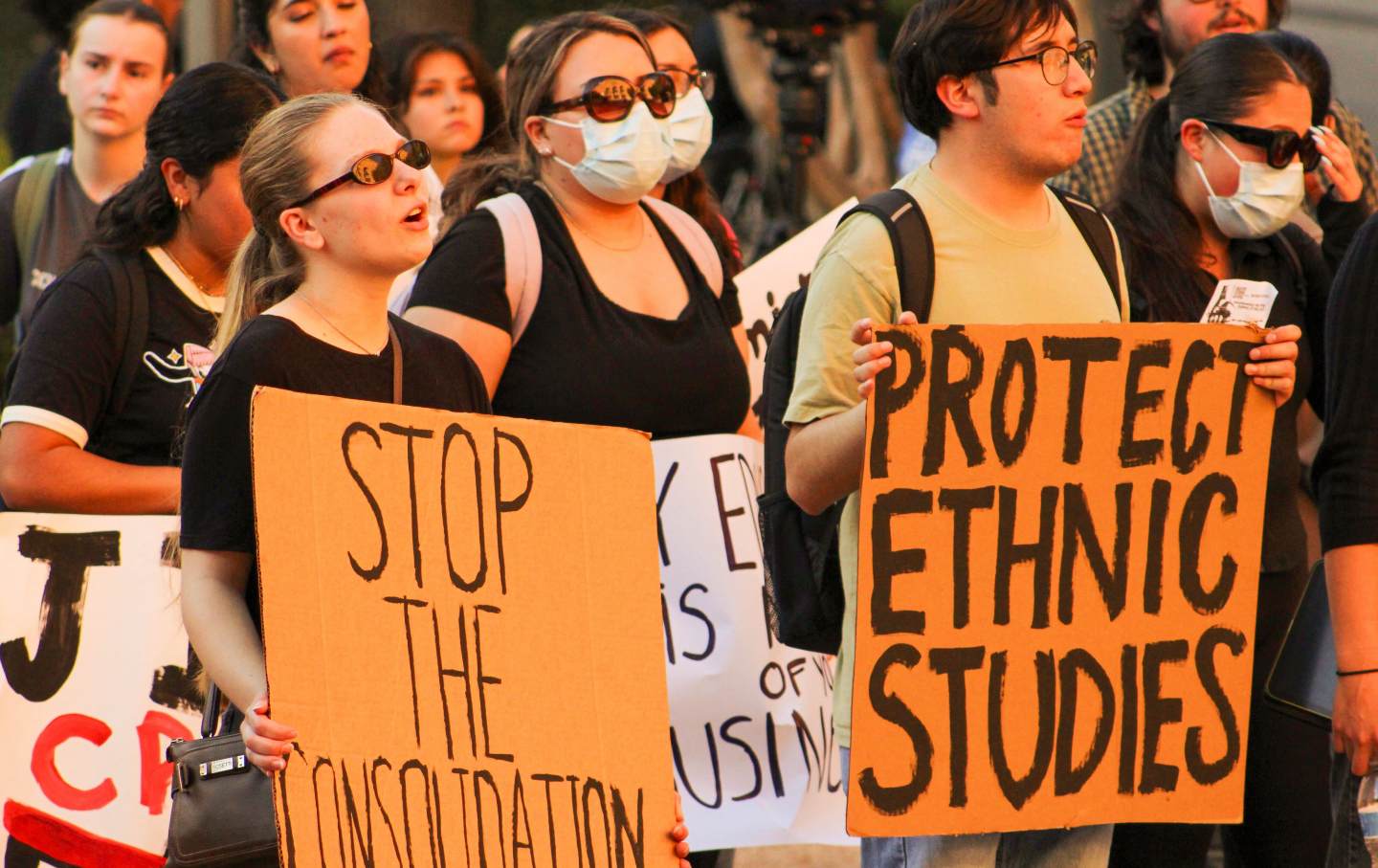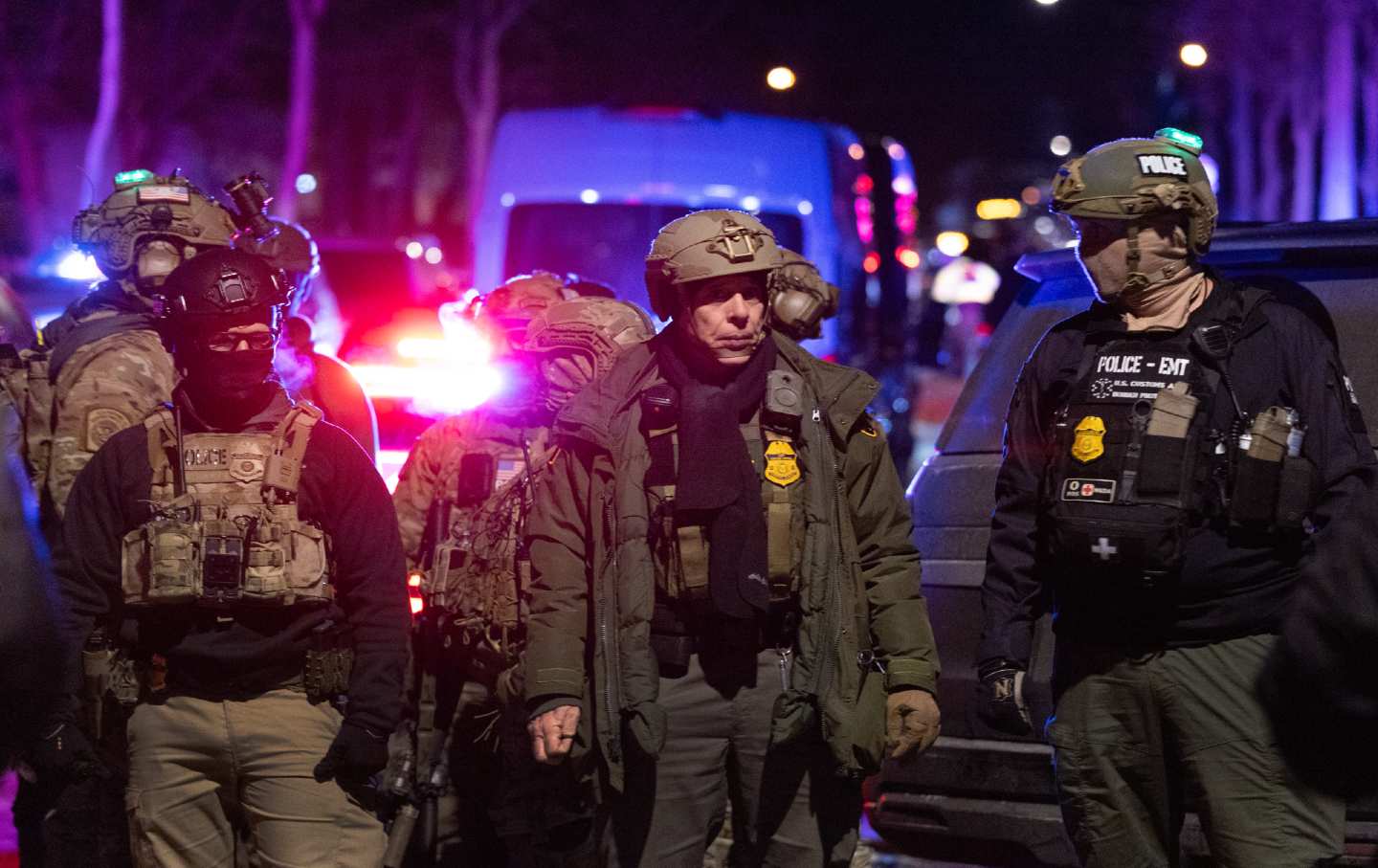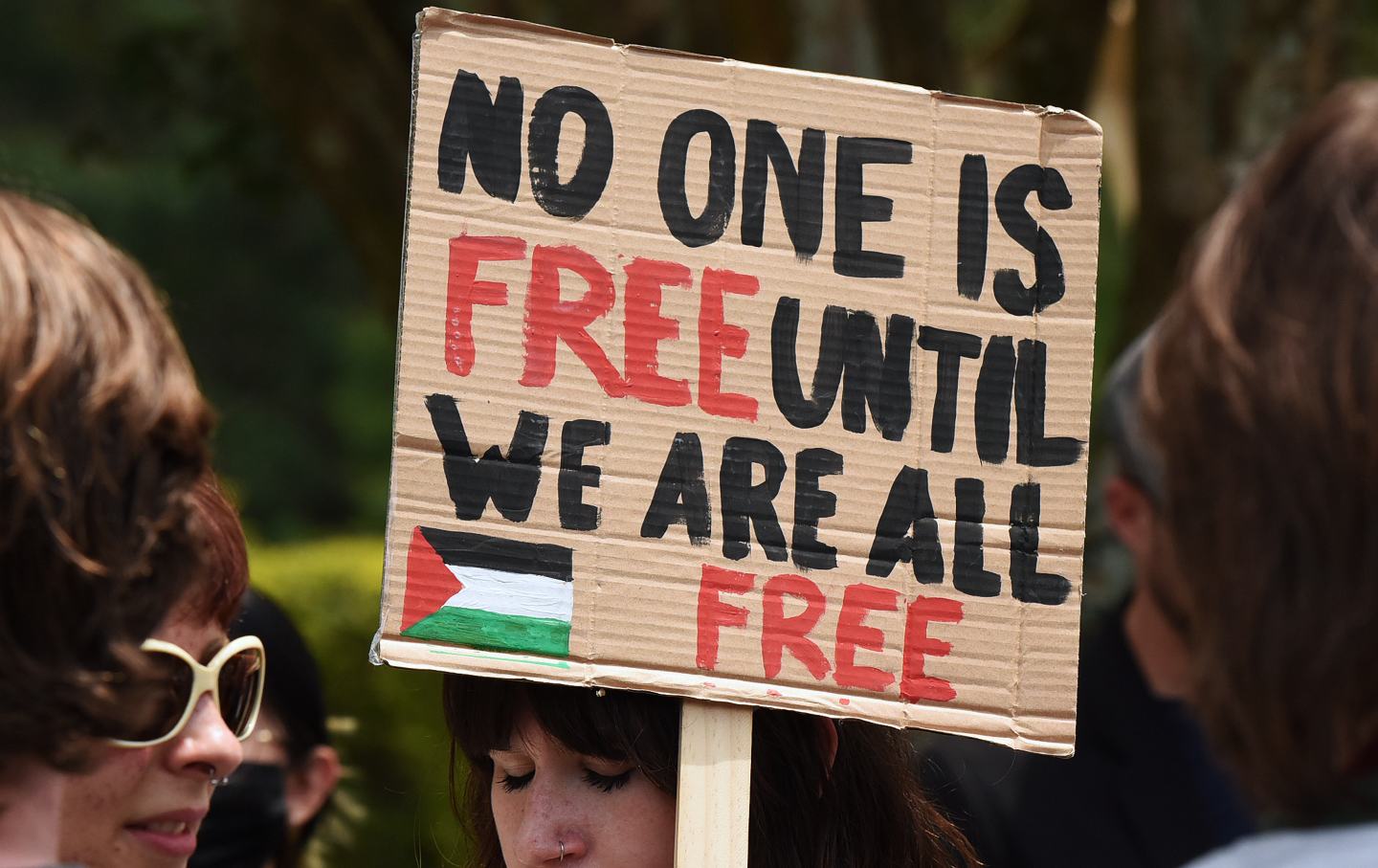This Supreme Court Case Could Worsen Maternal Health Nationwide
The state of Idaho wants the court to ban abortions permitted under the Civil Rights–era Emergency Medical Treatment and Active Labor Act.

On April 24, the US Supreme Court will hear oral arguments over Idaho’s denial of the full array of emergency healthcare, including abortions, permitted under the Emergency Medical Treatment and Active Labor Act, known as EMTALA. In skirting federal law to enforce its abortion ban and promote the false notion that doctors must treat “the unborn” as a second patient, the state of Idaho and its legislature are rejecting commonsense healthcare protections and risking the lives of pregnant patients.
EMTALA was enacted in 1986 under the Social Security Act and imposed conditions for emergency care on all hospitals participating in the Medicaid and Medicare Act of 1965, which helped to end segregation in many hospitals. The law ensured emergency stabilizing care to anyone presenting at a hospital that receives federal funds—the vast majority of hospitals—no matter their economic or insurance status or race. EMTALA also addressed what Congress at the time described as the “most egregious abuse”: refusing to provide emergency care for women in labor.
Prior to federal legislation like the post–Civil War Reconstruction Amendments, states exercised tremendous power over individuals without any recourse. Abuses of power masquerading as law, like the “Black Codes,” extended slavery’s familiar injuries into postwar realities. At their core, the Reconstruction Amendments sought to stop states from weaponizing their sovereignty to exclude formerly enslaved people from the basic human dignities of citizenship. EMTALA took that mandate a step further by promising equal access to emergency care, no matter the condition.
Ignoring this legacy, Idaho and its legislature, in their appeal to the Supreme Court, claim that EMTALA’s four references to “unborn child” mean “equal stabilization obligations” between pregnant people and their fetuses. The state seeks to further enshrine fetal personhood principles in federal law and strip healthcare from pregnant women, even if being pregnant or miscarrying is what is causing her health emergency. At no point does EMTALA contemplate or name a fetus as an entirely separate person entitled to stabilizing care, much less to care at the expense of an actual pregnant woman hemorrhaging to death in an emergency room parking lot.
EMTALA does demand that a pregnant patient receive abortion care to avoid the “material deterioration” of their condition. But Idaho requires their condition to materially deteriorate to the point where an emergency department physician—who faces jail time, civil penalties, and revocation of their medical license if they get it “wrong”—can “safely” say that the patient was nearly dead enough that an abortion was necessary to save their life.
Idaho’s ban, which allows abortion only if it is needed to save the patient’s life, not their health, practically guarantees that maternal healthcare outcomes will worsen. Nationally, women of color and poor women of all races already face tremendous hurdles accessing prenatal and maternal healthcare, particularly in maternity healthcare deserts, which can aggravate obstetric issues. Limiting access to emergency abortion care will only compound these problems, and, in some instances, destroy a woman’s ability to conceive. Given that the US maternal mortality rates have at least doubled between 1999 and 2019, the devastating impact of this potential lack of care cannot be understated. For Black women, the situation is even more dire, as they are already three to four times more likely to die due to pregnancy-related circumstances, a reality informed by the legacy of slavery.
In Idaho, obstetric care is becoming increasingly scarce; nearly a third of the state is in a maternity care desert. Between 2019 and 2020, the number of birthing hospitals decreased by over 10 percent. Nearly 20 percent of women in Idaho had no birthing hospital within 30 minutes, while women living in counties with the highest travel times traveled nearly two hours, on average, to reach their nearest birthing hospital. The longer a pregnant patient has to travel for maternity care, the higher the risk of adverse infant and maternal mortality outcomes. The scarcity is exacerbated by the fact that the already sparse number of ob-gyns available for maternity care in Idaho has decreased 22 percent since its abortion bans took effect in 2022.
Still, Idaho relies on exclusion to justify its near-total ban. Idaho essentially claims that EMTALA’s provisions for emergency healthcare, including abortion care, improperly impose on its power to criminalize and ban abortion in post-Dobbs America. If the conservative justices on the Supreme Court agree, pregnant patients would be carved out from EMTALA’s promise of providing stabilizing emergency healthcare to all, further relegating women and anyone with the capacity for pregnancy to second-class status. Such a ruling would mean that every hospital in a state with a total ban will have to wait until a pregnant woman is at death’s door to provide abortion care.
Under no circumstance should hospitals be allowed to ignore federal law and deny potentially life-saving care to anyone, abortion ban or not. Allowing Idaho to strip pregnant people of their EMTALA rights echoes our ugly history of state laws excluding certain groups from the fundamental guarantees of actual personhood: rights enjoyed on the same footing as everyone else. Idaho’s claims are an affront to this basic dignity, to democratic ideals, and to what it means to be free in the United States.








